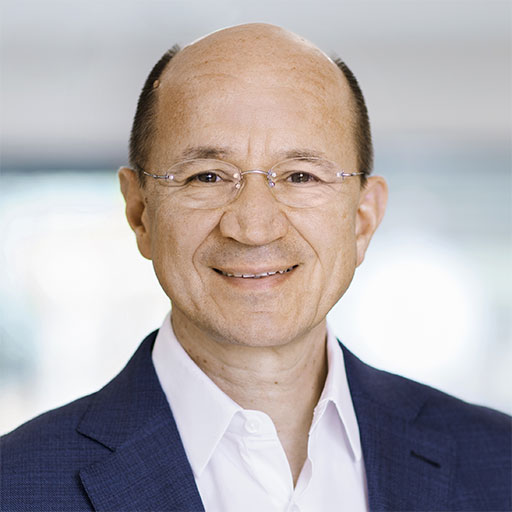Recently, the findings of a survey of social science students at Goethe University in the German city of Frankfurt raised a few eyebrows. There, at a place where most would have expected a hotbed of discourse ethics in the grand tradition of the Frankfurt School, the researchers Matthias Revers and Richard Traunmüller discovered that students often felt verbally attacked – and that between one-third and half were in favor of restricting freedom of expression when it comes to controversial issues such as gender or immigration. According to Ingolf Dalferth, a philosopher of religion, the findings indicate that universities have been ideologized, as a result of which their purpose has shifted from reflection and investigation to the enforcement of values.
The increasingly tense atmosphere in public discourse is apparent outside of universities as well. More and more, the lack of willingness to engage in argumentative discourse with people representing differing opinions, coupled with the belief in the moral superiority of one’s own position, is turning political or economic rivals into enemies who need to be combated, and is turning like-minded individuals into members of the same intellectual tribe who are immune to dissident positions. When Stefan Raue, the director-general of the public-service radio broadcaster Deutschlandradio, speaks of a communication disorder among the commentariat at newspapers and broadcasters of record – with reference to studies by Friedhelm Neidhart, Barbara Pfetsch, and Christian Elders – he puts his finger on one of the main reasons for the increasing tribalization of the public. There is no true debate on the issues of the day at the newspapers and broadcasters of record. The exponents of discourse read each other’s work carefully, but only rarely do they mention and cite each other.
We are witnessing a paradoxical escalation of disorientation and unwillingness to engage in dialogue at a decidedly inopportune moment in human history. The cultural philosopher Bernd Scherer talks about a transition from a Holocene, in which humans were part of a more or less constant natural environment, to an Anthropocene, in which humans exert an ever-stronger influence on nature and the biosphere while also creating completely new worlds of language and symbolism through digital technologies. He believes that humankind can only master the transition from the Holocene to the Anthropocene world if it experiments with new forms of solidarity and shared ways of thinking, acting, and working.
Why do people fall back on authoritarian reflexes such as taboos and linguistic policing, including the much-discussed practice of cancel culture, in an era in which constructive discourse of the best solutions would, in fact, be of the essence in light of a historical sea change? In this context, the neurobiologist Gerald Hüther refers to the desire to achieve coherence, which allows the human brain to achieve a state of the lowest possible energy consumption. Humans biologically have an insatiable desire for coherence, as it were. Faced with a lack of coherence, they grow afraid and strive to eliminate the incoherence around them resulting, for instance, from the dissonance between individualism and social expectations. Sometimes, those efforts cause them to lose touch with reality. In times of tremendous change in the economy, politics, and society, there are plenty of opportunities for concern and delusion.
As much as coherence may be an understandable motive for individual behavior, it also has the potential to endanger constructive discourse in a free society, which, according to Popper, should follow the maxim of trial and error – without any room for indisputable truths. The more complex the world in which we live and work, the more we will need to tolerate cognitive dissonance and conflicting realities. Doing so is worth the mental effort and energy. The business ethicist Andreas Suchanek has identified the right success factors for public discourse in the Anthropocene: “In essence, it is about dialogue and respectful communication.” Communications managers can make a contribution to this goal by empowering companies to engage in critical introspection and open dialogue. The media, by contrast, should avoid what the respected business pundit Rainer Hank recently lamented as the “implied pact between journalists and the zeitgeist of today.”
